Desiree (1954)
“You think you can do with people precisely what you want — that life is as you say it is?”
|
Synopsis: |
|
Genres, Themes, Actors, and Directors:
Review: … while Simmons is gorgeous but also not given too much depth. We’re glad she meets kind Rennie, and we enjoy the beautiful sets and costumes throughout: … but there’s not much otherwise to hold our attention. I did get a chuckle out of reading NY Times reviewer Bosley Crowther’s pun at the end of his mostly panning review, in which he describes this film as “a colorful vehicle for a pseudo-Napoleonic outing, a streetcar named ‘Désirée’.” Notable Performances, Qualities, and Moments: Must See? Links: |
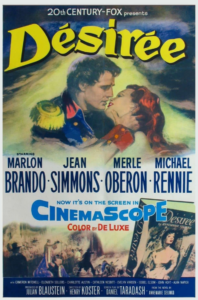
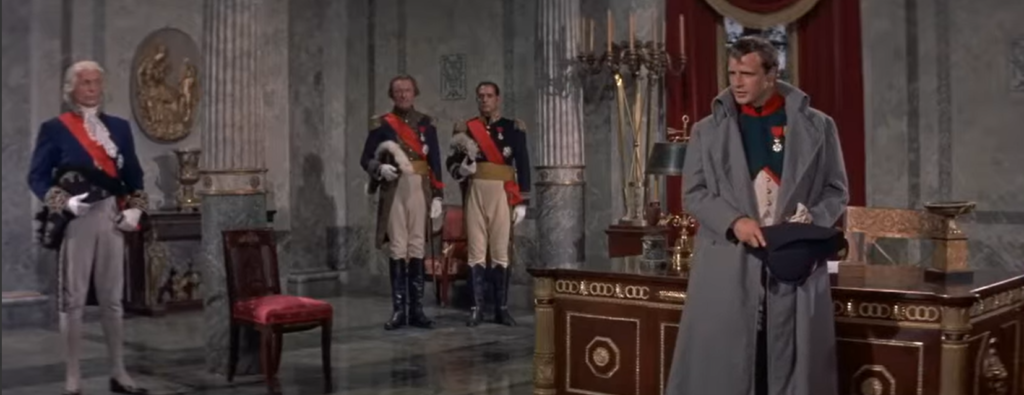
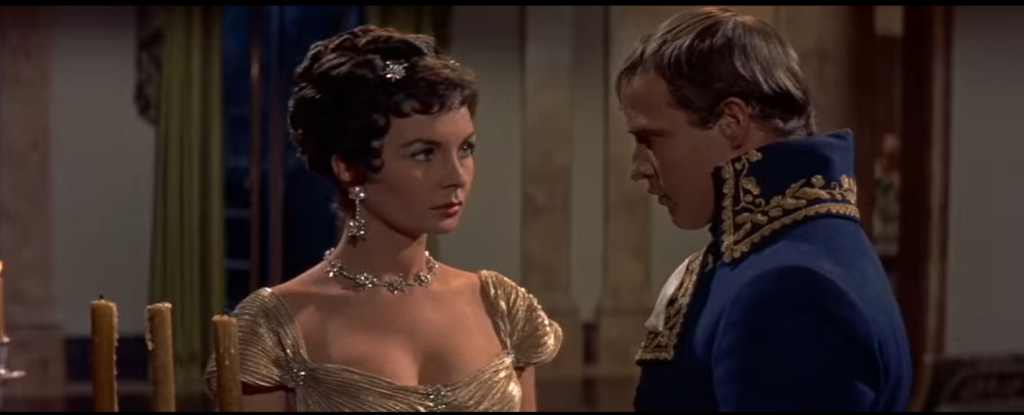
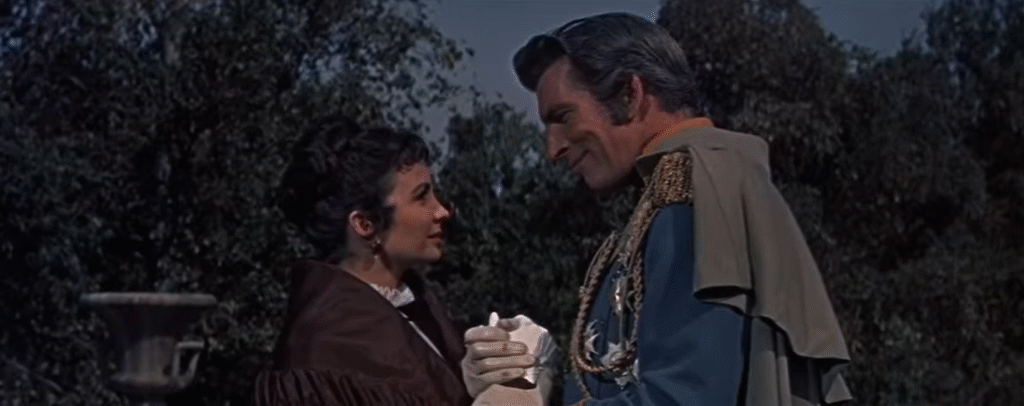
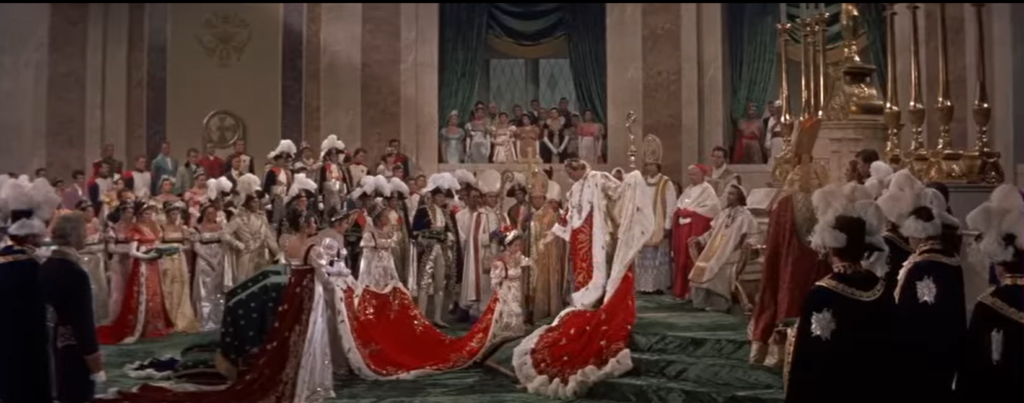
One thought on “Desiree (1954)”
Rewatch (4/21/21). Not must-see.
Seeing it again (after many years), it’s not a terrible film (though I’m not quite up on what kind of role Desiree actually played in Napolean’s life).
What I like about the film is that it avoids a number of pitfalls that one might find in this kind of historical romance: i.e., once Desiree realizes Napolean is to marry Josephine, she doesn’t pine for him; Desiree and Josephine maintain a genuine friendship, etc.
The film is often surprisingly engaging and the performances are fine. I would swear that Brando at least watched Abel Gance’s ‘Napolean’ to get a feel for his character.
The screenplay by Daniel Taradash (who had just won an Oscar for his adaptation of ‘From Here to Eternity’) is generally sturdy on a number of counts – esp. scenes like the one between Brando and Rennie in which Napolean is demanding loyalty after Rennie’s new appointment in Sweden..
Unfortunately, the film generally falls prey to its sentiment overall and the ending is esp. weak.